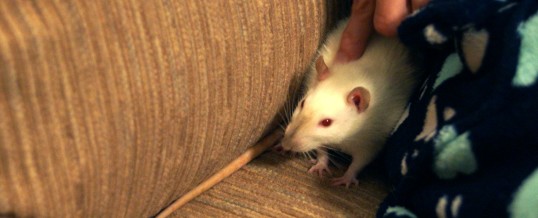My Dad died on January 11, 2015, but this is not a lamenting of his death, it is a celebration of his life: a life well lived.
“What is a life well lived?” You may ask.
It is serving your country. Dad received full military honors at his funeral including a 21-gun salute in respect for his military sacrifice.
It is recovering from failures and turning them into successes. Dad flunked out of college, then went back years later to that same college, Johns Hopkins, and received a BSEE, an MSEE, and a PhD.
It is taking what life throws at you in stride and running with it. Dad raised four boys, only one of whom he planned. Each of us presented our own unique challenges but he accepted all of us with love.
It is creating a bucket list and checking off every box. Dad petted whales in the Sea of Cortez, photographed unusual wildlife in the Galápagos Islands, explored China, and Europe, swam with fish in the Caribbean, and watched glaciers calve in Alaska.
It is throwing caution to the wind and starting something new. Dad moved several times during his career, living in the East, Midwest, West, and a few places in between. In his fifties, he left a secure job with IBM and consumed all of his retirement nest egg to found one company, and then another. By doing so, he enjoyed success beyond his wildest dreams.
It is sharing your good fortune. Dad donated religiously. He adopted a platoon. He created a scholarship fund for young people struggling, as he did, to go to college. He purchased school computers and equipment. He donated to the medical facility that restored his hearing with a cochlear implant. He put several children and grandchildren through college and helped a son and a daughter-in-law run for public office. He shored up fledgling family businesses and helped to buy first homes. He took many family members on trips to locations that they would never be able to afford themselves.
It is using your mind to its fullest. Dad held 88 patents. His ideas changed the world in the form of super market and industrial bar code scanners. The largest observatories in the world use his inventions to analyze the light from stars. Dad read voraciously and contracted as an engineer almost until he died, not because he needed to, but because he loved it.
It is having passion. Dad produced countless photographs of impeccable quality using the best photographic equipment available and his own darkroom. He possessed infinite patience when it came to capturing the “perfect shot,” whether it be at the top of a mountain or at the bottom of the ocean. He could hold his breath for four minutes thirty feet underwater while tracking a Queen Triggerfish or a Barracuda with his underwater camera.
It is taking care of your machine. Dad lifted weights, swam, ran, hiked, and walked his entire life. He ate healthily, maintained a good weight and never drank, smoked or used drugs. He was the picture of health and vitality and had better endurance than almost any other family member had.
It is always being optimistic, having a sense of humor, and looking at the bright side of life. In Dad’s last days of life, he could no longer fend for himself. My brother Dana helped him stand and get around. He was impressed at how solid Dad’s body was, even in its failing state and knew that came from years of exercise. He mentioned that to Dad. He grinned and flexed his muscles one last time, mocking death. My brother did not know whether to laugh or cry at his indomitable spirit.
It is about family. Our family gets along better than most, but it has its share of drama. Despite this, Dad insisted that we get together every year—nearly thirty of us. I cannot remember when that started, but it continued for many years through the last year of his life. Knowing that his time was short, we honored him and my mother last summer at the family reunion. Every evening, we held a question and answer session and listened to my parents tell stories about all of our lives. It was the last reunion he would lead.
It is saying goodbye. Whenever I visited Dad, he always stood outside and waved as we left. And he did not just wave, he continued to wave until he could no longer see us. Although my Dad’s health failed quickly at the end, and he could barely see or talk, instead of complaining or feeling sorry for himself, he used that time to make audio recordings for his sons, wife and extended family to let us all know how much we meant to him. It took every ounce of willpower he had left to do that, but he made sure the job was finished.
I will miss you, Dad, but I am more inspired by how you lived your life than I am sad about your death. You showed me what a life well lived is. Now, it is up to me to follow your example.
Share








